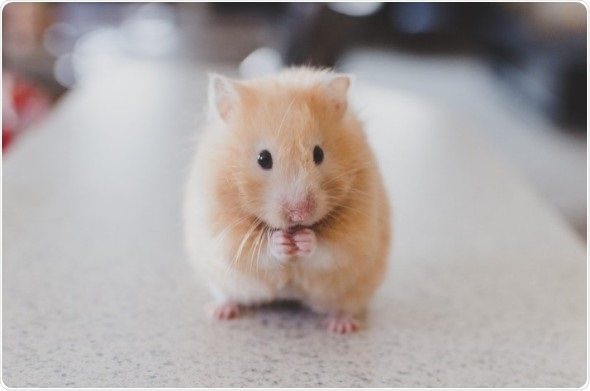
Prion strain diversity may be greater than previously thought
The first example of prion strains that replicate independently in vitro and in vivo suggests that strain diversity may be greater than previously thought, according to a study published October 18 in the open-access journal PLOS Pathogens by Jason Bartz of Creighton University, and colleagues.

Credit: Pixabay, Free-Photos (CC0
Prion diseases are transmissible neurodegenerative diseases that affect humans and other animals and are caused by a misfolded form of the prion protein. Currently, effective treatment for prion diseases is not available, and they are inevitably fatal. Prion strains can differ in incubation period and can interfere with each other when present in the same host, in some cases, completely blocking another strain from causing disease. Interference between prion strains is thought to be an important factor affecting the emergence of a dominant strain after interspecies transmission. Previous studies have examined the capacity of strains with long incubation periods to interfere with a short-incubation strains, but until now, it was not known if two strains with long incubation periods could interfere with each other.
In the new study, Bartz and colleagues show that combinations of prion strains with long incubation periods do not interfere with each other in a test tube or in infected hamsters. Rather, both co-infecting strains amplified independently. The concept that not all prion strain combinations result in interference suggests that strain diversity in naturally infected animals may be greater than previously thought. Overall, this observation changes the paradigm of prion strain interactions, provides further evidence that strains are a dynamic mixture of substrains, and has important implications for interspecies transmission and the emergence of prion strains.
“This work provides further evidence that prion strains compete for the template of conversion, PrPC,” says Bartz. “Importantly, we found that when the abundance of PrPCcan fully support conversion of both prion strains in the same environment, strain interference does not occur.”
Source:


































No hay comentarios:
Publicar un comentario